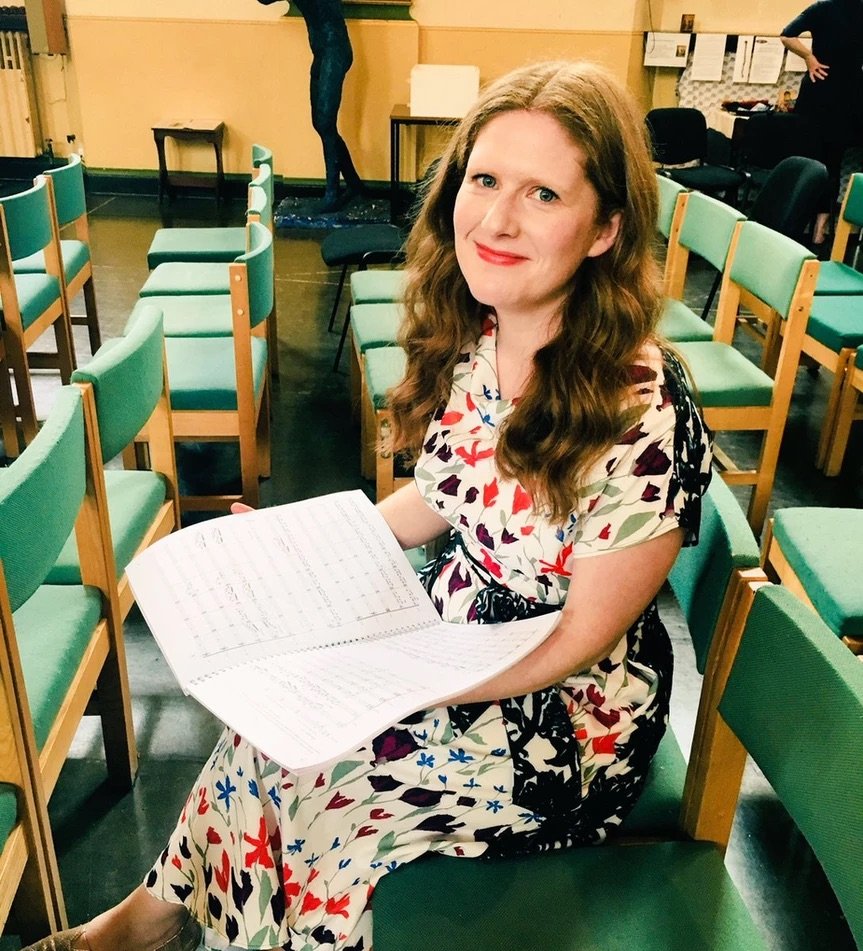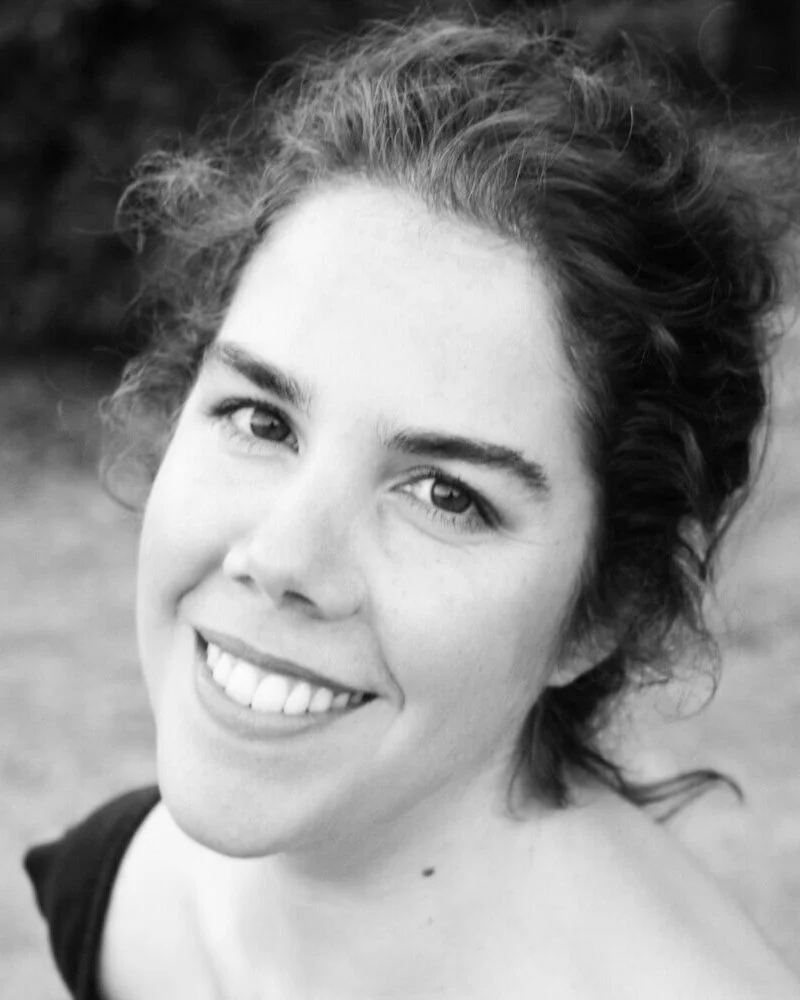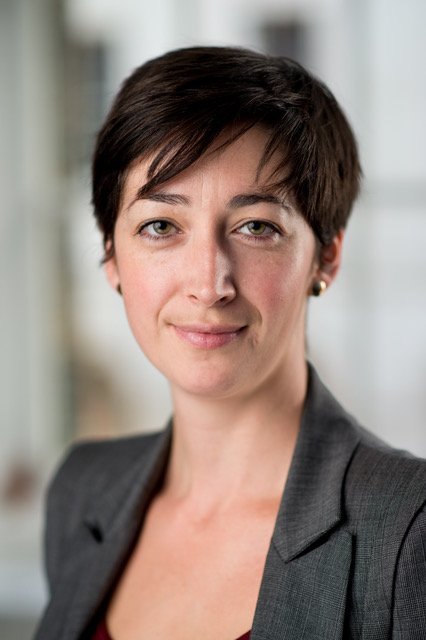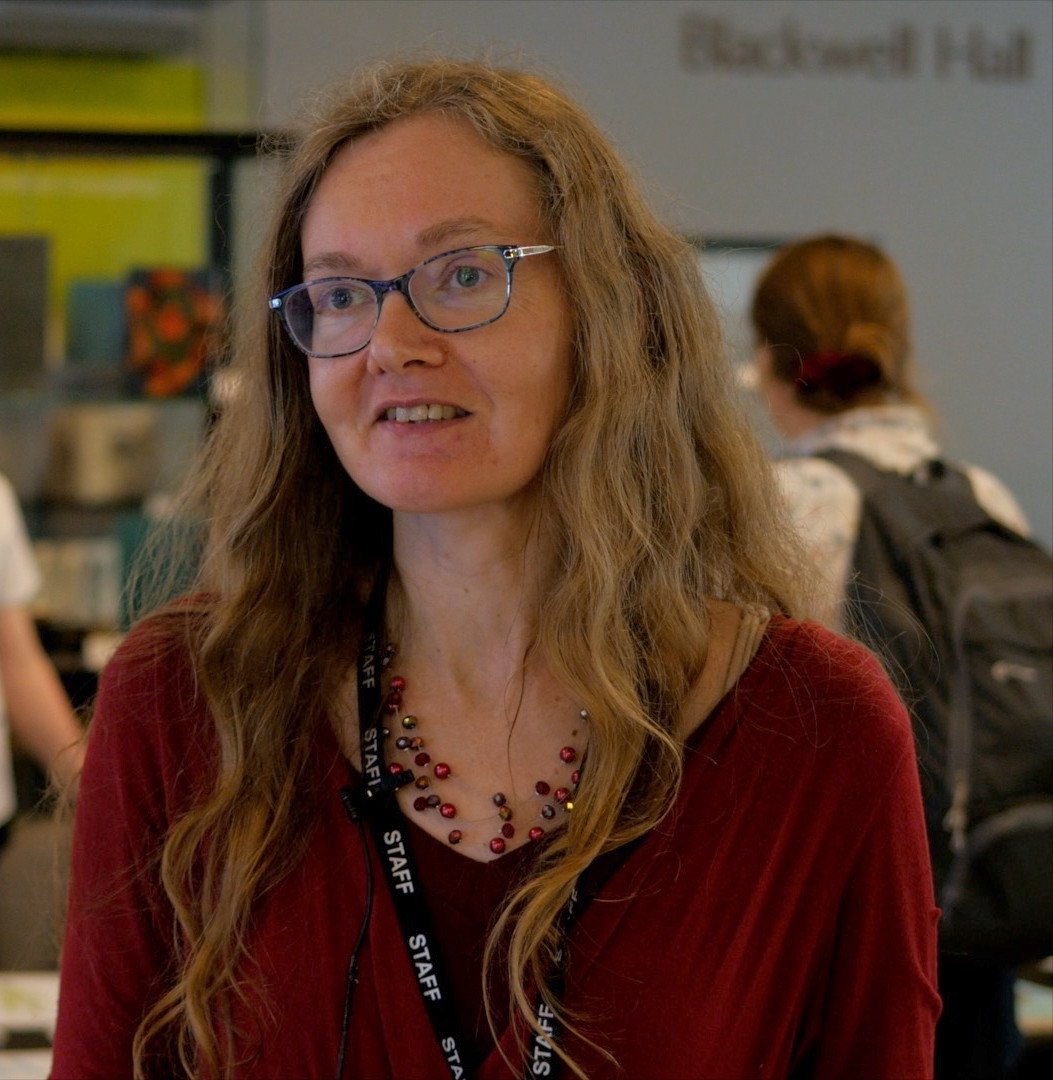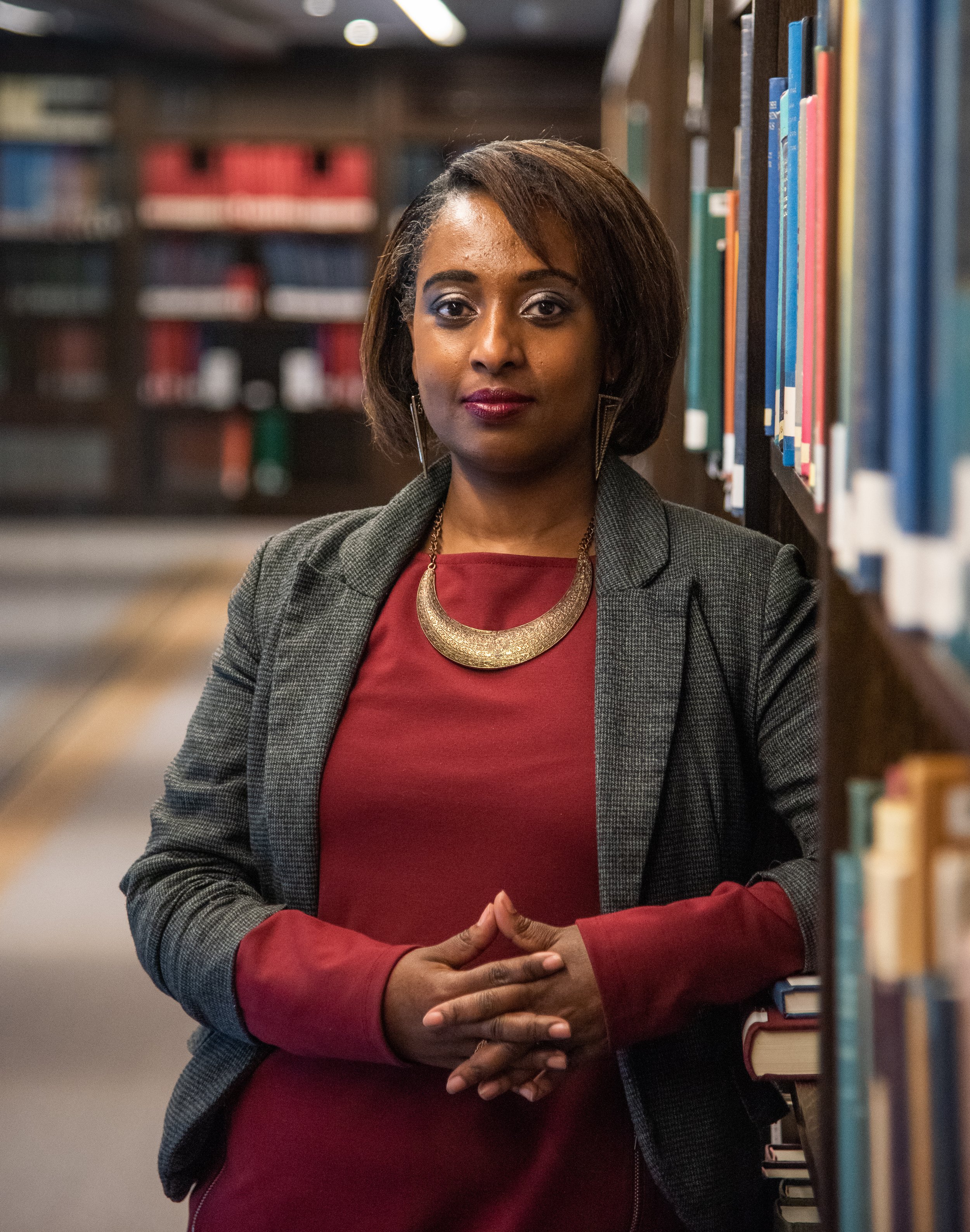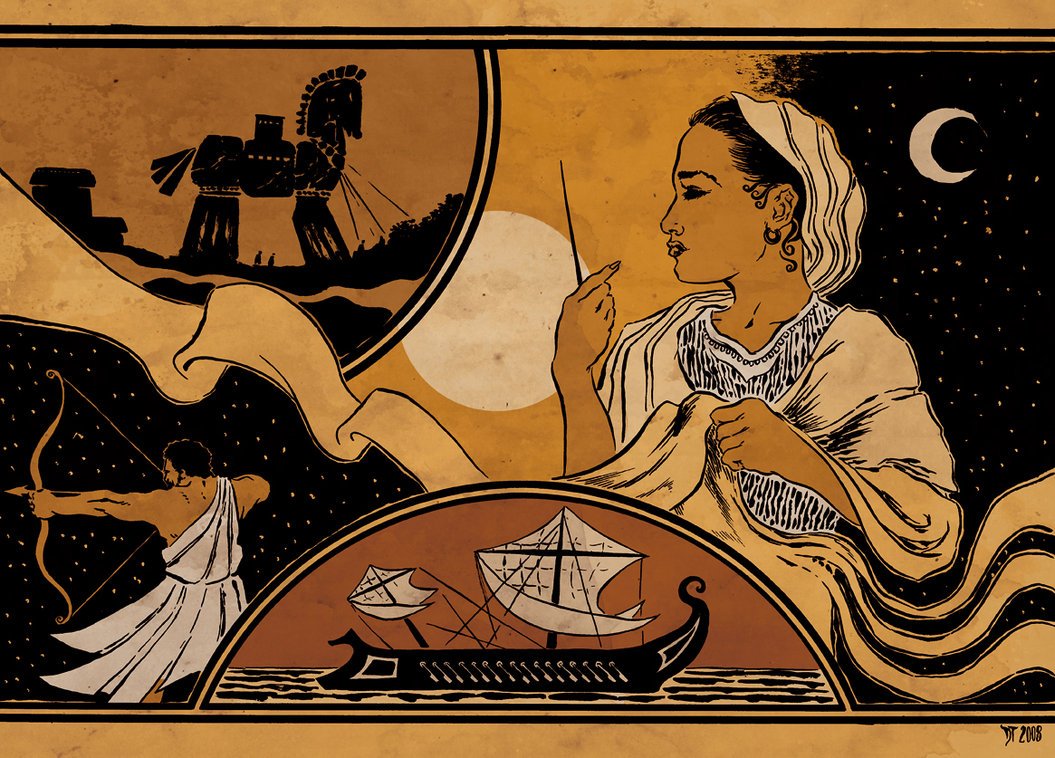
People
The creative and academic contributors
‘Penelope’, Diego Tripoli
Dr Cheryl Frances-Hoad
Composer
Cheryl Frances-Hoad was born in Essex in 1980 and received her musical education at the Yehudi Menuhin School, the University of Cambridge (where she was awarded a double 1st for her BA in Music and a distinction for her MPhil in Composition) and Kings College London (PhD, Composition). Her music has been described as "like a declaration of faith in the eternal verities of composition” (The Times), with "a voice overflowing not only with ideas, but also with the discipline and artistry necessary to harness them” (The Scotsman).
Cheryl’s works include two piano concertos, a Cello Concerto (Katharsis), three piano trios, a ninety minute opera about the life of Amy Johnston (Amy’s Last Dive with librettist Adam Strickson), and several large scale works involving young musicians (A Young Person’s Guide to Composition was premiered by the London Chamber Orchestra and 150 children conducted by Christopher Warren Green in May 2014). 2015 saw Cheryl's BBC Proms debut with a new work for the Cardinall's Musick entitled From the Beginning of the World.
Dr Jeanne Pansard-Besson
Librettist and director
Jeanne Pansard-Besson was a finalist in the ninth European Opera-directing Prize and a semi-finalist in the Ring Award 2017. She has directed new productions of La Tragédie de Carmen at the Royal Academy of Music in London, of La Scala di Seta, the latter touring the UK and Italy. In 2021 she directed Scottish Opera’s Opera Highlights show and a new production of Don Pasquale at the Nouvel Opéra Fribourg-Neue Oper Freiburg (NOF). Forthcoming directing projects include opera scenes at the Royal Academy of Music and La Descente d’Orphée aux Enfers at the Vache Baroque Festival (UK).
She has worked with directors such as Mariame Clément, Laurent Pelly, Simon McBurney, Irina Brook, Michael Boyd, Bruno Ravella, Nicola Raab in venues including Glyndebourne Festival, the Royal Opera House, Opéra Comique, Garsington Opera, Scottish Opera, Opéra de Lorraine, Deutsche Oper Berlin, Oper Graz.
The book based on her PhD in Classics from the University of Cambridge, The Imagination of Rome’s Foundation Myths, will be published by Routledge this year.
Her documentary film about a company of puppeteers in Cambodia, The Shadows of Kok Thlok, was selected by several international festivals.
Dr Emily Pillinger
Senior Lecturer in Classics and Liberal Arts, King’s College London
Emily Pillinger has worked at King’s College London for over a decade, having previously studied and worked at Marlboro College VT and at the universities of Oxford, Bristol and Princeton. Her research stems from a fascination with language, translation, and forms of communication that transcend conventional boundaries. She has published on ancient Greek and Roman fiction about women with supernatural vocal powers, including prophets, witches, and ghosts. Her book, Cassandra and the Poetics of Prophecy in Greek and Latin Literature (Cambridge 2019), explores the riddling but highly creative speech of a mythic prophetess who was cursed to see into the future, but never to be believed.
Emily also works on the language of music. She researches how modern music across the globe can give ancient myths a contemporary relevance, and how composing and performing music creates communities of creativity, healing, and activism. In addition to publishing on classically-inspired music of the 19th and 20th centuries – such as her open access article on the Greek composer Xenakis, and the volume she is currently co-editing with Miranda Stanyon called Amplifying Antiquity – she has worked on outreach projects with schools and with opera houses around London, including English National Opera, the Royal Opera House and Glyndebourne Festival Opera.
Prof. Fiona Macintosh
Professor of Classical Reception, University of Oxford
Fiona Macintosh is Professor of Classical Reception, Director of the Archive of Performances of Greek and Roman Drama (APGRD), and Fellow of St Hilda's College at the University of Oxford. She is the author of Dying Acts: Death in Ancient Greek and Modern Irish Tragic Drama (Cork University Press, 1994), Greek Tragedy and the British Theatre, 1660-1914(with Edith Hall; OUP, 2005), and Sophocles: Oedipus Tyrannus (CUP, 2009), and has also edited numerous APGRD volumes, including most recently The Oxford Handbook of Greek Drama in the Americas (with Kathryn Bosher, Justine McConnell, and Patrice Rankine; OUP, 2015), Epic Performances from the Middle Ages into the Twenty-First Century (with Justine McConnell, Stephen Harrison, and Claire Kenward; OUP, 2018), and Seamus Heaney and the Classics: Bann Valley Muses (with Stephen Harrison and Helen Eastman; OUP, 2019).
Dr Justine McConnell
Reader in Comparative Literature and Classical Reception, King’s College London
Justine McConnell is author of Black Odysseys: The Homeric Odyssey in the African Diaspora since 1939 (2013), Performing Epic or Telling Tales (co-authored with Fiona Macintosh; 2020), and Derek Walcott and the Creation of a Classical Caribbean (2023). She has also co-edited four volumes on the reception of Graeco-Roman antiquity.
Prof. Wendy Heller
Scheide Professor of Music History, Princeton University
Wendy Heller, Scheide Professor of Music History, is Chair of the Department of Music at Princeton University and also serves as Director of the Program in Italian Studies. Recognized as one of the leading scholars in the field of Baroque music, Heller has specialized in the study of 17th- and 18th-century opera from interdisciplinary perspectives, with special emphasis on gender and sexuality, art history, Italian literature, dance history, and the classical tradition. Author of the award-winning Emblems of Eloquence: Opera and Women’s Voices in Seventeenth-Century Venice (Berkeley, 2003), Heller has published numerous essays on the music of Monteverdi, Strozzi, Cavalli, Purcell, and Handel, and is currently completing a book entitled Animating Ovid: Opera and the Metamorphoses of Antiquity in Early Modern Italy.
Having trained as a singer at New England Conservatory before receiving her PhD in musicology from Brandeis University, Heller maintains a strong interest in performance, promoting collaborations between scholars and performers. She has been a driving force in the performance of baroque operas at Princeton, and served as dramaturg for Princeton University Opera Theater’s 2014 production Monteverdi’s L’incoronazione di Poppea
Dr Lucy Jackson
Assistant Professor in Classics, Durham University
Lucy Jackson is Assistant Professor in Classics (ancient Greek literature) at Durham University. She has also taught at King's College London and the University of Oxford. Her first book, published in 2019, explores the role of the chorus in ancient Greek theatre after the deaths of Euripides and Sophocles. Lucy's current research focuses on the afterlife of Greek drama in the Renaissance, the 20th and 21st centuries, and in modern political theory. She acted as a consultant for the National Theatre’s production of Medea (2014), the Almeida Theatre’s Iliad (2015), and the Oresteia at Shakespeare’s Globe (2015).
Prof. Eugenio Refini
Professor of Italian, NYU
Eugenio Refini is Professor of Italian at New York University. His research focuses on reception, translation and forms of adaptation, which he explores through the intersections of rhetoric, poetics, drama, music and voice studies. His first monograph, Per via d’annotationi (Lucca: Pacini Fazzi, 2009), looks at the Renaissance reception of Horace’s Art of Poetry as a seminal moment in the making of early modern literary theory. His second book, The Vernacular Aristotle: Translation as Reception in Medieval and Renaissance Italy (Cambridge: Cambridge University Press, 2020), discusses the vernacular appropriation of Aristotle as a lens through which to reassess the place of translation within any process of reception. Similar questions inform his publications on the reception of the “sublime” in rhetoric, poetics and music. His third monograph, Staging the Soul: Allegorical Drama as Spiritual Practice in Baroque Italy (Oxford: MHRA - Legenda, 2023) explores pedagogical uses of dramatic allegories in Italy around 1600, with a focus on the place of theatre in the education of female orphans in the hospitals of Venice. He is currently working on a book project entitled Ariadne’s Echo: Voice, Memory, and the Performance of Reception, which examines the reception of Ariadne’s lament across music and poetry between 1600 and 1900.
Prior to joining NYU, Eugenio was an Assistant Professor of Italian Studies at Johns Hopkins University. He has been a research fellow at the University Warwick, an Ahmanson fellow at Harvard University’s Villa I Tatti, as well as the recipient of research fellowships from the ENS Paris, the University of Geneva, the Harry Ransom Research Center, the Bodleian Library and the Warburg Institute. He was awarded the NEH Rome Prize in Renaissance and Early Modern Studies from the American Academy in Rome (FAAR 22).
Dr Lorna Robinson
Director of The Iris Project and Rumble Museum
Lorna studied Classics at Lady Margaret Hall, Oxford University; after a chance encounter with a Gabriel Garcia Marquez novel in her finals year, she became curious about the similarities between it and Ovid, and eventually received a doctorate from University College London on 'Magical Realism in Ovid's Metamorphoses' in 2005.
She created The Iris Project and Iris magazine to promote Classics in state schools in 2006, and runs Latin and Greek projects in state schools across the UK. She has also worked with UCL Bloomsbury Theatre and The Scoop on ancient drama projects, and she set up 'Latin in the Parks' for adults to have a go at picking up Latin. She created and runs the East Oxford Community Classics Centre, which opened in October 2013, and the Rumble Museum in Cheney School, the first museum in a state school. It was awarded Arts Council Accreditation in March 2020.
She has written a book "Ovid and Gabriel Garcia Marquez", and has also written the Latin course Telling Tales in Latin and part two, Distant Lands, which introduces Latin through the stories of Ovid. She has also writtenTelling Tales in Greek, introducing ancient Greek through the stories of Homer.
Dr Mai Musié
Ancient Historian | Public Engagement Professional
Mai has been a key voice in the UK for engagement with the humanities for over a decade. Her research focuses on race and ethnicity in the ancient world. She is passionate about exploring the interconnectivity between the ancient Mediterranean world and North-East Africa. As a public-facing historian Mai has appeared on podcasts, TV, and radio discussing topics such as decolonisation, anti-racism, repatriation, and stories of ancient and modern migration. As a public engagement professional Mai has worked on history and heritage projects that foster co-curation, co-production, and building equitable relationships between communities and researchers.
Mai is a trustee of Classics for All - a national campaign to get classical languages and the study of classical civilisations back into state schools. She is also a trustee of The Roman Society, which aims to advance the understanding of ancient Rome and the Roman Empire. Mai is the co-founder of the Classics in Communities partnership project between the Universities of Oxford and Cambridge, and The Iris Project (an educational Classics charity). The project aims to promote and encourage the teaching of Latin and Ancient Greek at primary and early secondary school level (and beyond) in UK state schools. Mai is the co-editor (with Dr Arlene Holmes-Henderson and Steve Hunt) of the book Forward with Classics: Classical Languages in Schools and Communities, which investigates the motivations of teachers and learners behind the rise of Classics in the classroom and in communities. It also explores the ways in which knowledge of classical languages is considered valuable for diverse learners in the 21st century. Furthermore, Mai is a board member of Ways of Working (a social enterprise), and Archive for Performances of Greek and Roman Drama (APGRD) at the University of Oxford. In addition, she is an external advisor for the Faculty of Classics EDI Committee at Oxford, and a member of NCCPE’s Inclusion Advisory Group for Race Equality.
Helen Smee is a conductor, organist and workshop leader specialising in choral direction. A prize-winning graduate of the Choral Conducting course at the Royal Academy of Music, she works with a wide range of choirs, singers and instrumentalists. She leads choral workshops for schools, festivals and music organisations throughout the UK.
Based in Oxford, Helen is Director of the Cathedral girls' choir, Frideswide Voices, at Christ Church Cathedral. Alongside a busy freelance portfolio, including regular work as an animateur, adjudicator and choral advisor, she is a co-founder and Artistic Director of the Voices of London Festival, a week-long choral festival based in Paddington each June. She is a passionate advocate for women and girls in church music, and for the importance of high-quality music education for all children.
